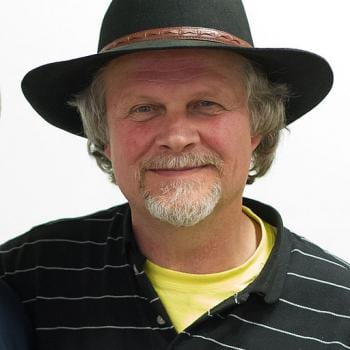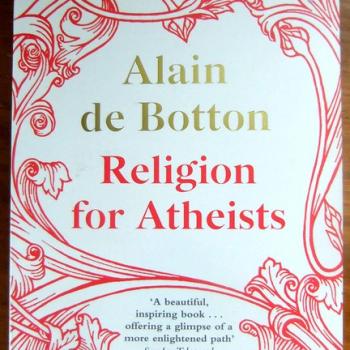I first ran across former Christian minister and atheist John W. Loftus back in 2006. We dialogued about the problem of evil, and whether God was in time. During that period I also replied to an online version of his deconversion: which (like my arguments about God and time) he didn’t care for at all. I’ve critiqued many atheist deconversion stories, and maintain a very extensive web page about atheism. In 2007 I critiqued his “Outsider Test of Faith” series: to which he... Read more













